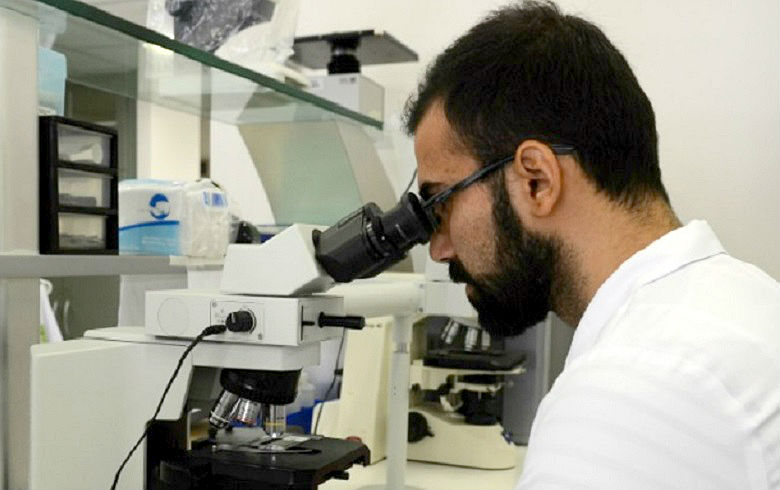Sao Paulo – The year 2023 is coming to an end in a scenario of progress and challenges in national science. The vision is collective among specialists in this field, and has been ratified by the Brazilian Association for the Advancement of Science (foundry). During the year, the government of Luiz Inacio Lula da Silva (PT) fulfilled its promises to rebuild the sector, which had been destroyed during the administration of extremist Jair Bolsonaro (PL). However, the entity calls for caution and “to 2024 with a lot of determination, because the work ahead of us is great.”
The entity's president, philosopher and professor Renato Jeanine Ribeiro takes stock of the year and future challenges. It's been a year filled with so much hope and so many things to sort out. We finished 2023 with a balance of important accomplishments, but also with the awareness that we still have much more to do for science, education, and for our country. (…) We celebrate a new era in the country’s government, as well as creating a political environment more open to dialogue and our demands.”
The end of denial
Among the developments achieved is the restructuring of the budget of important programs such as those of the Coordination Foundation for the Improvement of Personnel in Higher Education (CAPES) and the National Council for Scientific and Technological Development (CNPq). But beyond that, the doors of dialogue must be opened and a government must openly defend science. A huge contrast to the previous administration, which disavowed science, as we have seen throughout the COVID-19 pandemic through public policies and positions of denial by the nation's greatest leaders.
The Battle for Science Continues For most scientists, funding for higher education and science is difficult to achieve. “State funds will always be insufficient, but when government and civil society agree in their values and share a common perception of reality, negotiation becomes possible. It was very difficult to negotiate with a government that is anti-science and anti-education,” says Ribeiro.
However, the professor reaffirms the outlook of hope among scientists. “2023 was, without a doubt, a year full of struggles. But also about achievements and recovering much of what we lost in previous years. We look to 2024 with the hope that science will continue to be a transformative force for the benefit of our country and our society. We know that we have a long way to go, “Whether to compensate for the setback we have witnessed in recent years, or to confront the growing challenges, especially the wars that are escalating today, the worsening global warming, inequality, poverty, and migration…the misery that continues to destroy our people and the people of many other countries around the world.”
Scientists and democracy
In 2023, scientists also had to fight for issues that, apparently, were not part of the routine in laboratories. In particular, defending democracy. “The SBPC highlighted the need to resume national science and technology structures as a priority for the new government. Relentless defense of democracy has been a constant, which began on January 8th by rejecting attacks on democratic institutions in Brasilia, and then held discussions on sovereignty, rights and justice “, even suggesting the creation of a day of struggle for Brazilian democracy,” recalls Jeanine Ribeiro.
Finally, the SBPC President points to challenges involving public policy and the strengthening of the democratic state. Among them are preventing brain drain and preserving the best minds in the country by providing suitable living and professional conditions. To this end, vigilance must be constant, especially in light of the unfavorable scenario of a Congress with a reactionary majority. “We have to constantly strive to make things work. Science and technology don't produce votes, so it's a tough fight — we have allies in Congress, but they're not the majority.”

“Hardcore beer fanatic. Falls down a lot. Professional coffee fan. Music ninja.”





:strip_icc()/i.s3.glbimg.com/v1/AUTH_ba3db981e6d14e54bb84be31c923b00c/internal_photos/bs/2024/I/l/fhTBfISzuSYK01OwvVOQ/gettyimages-2151129737.jpg)

More Stories
Students can apply for a FAPDF Science Award
Discovering the deepest sea hole in the world in Mexico | The world and science
The Udesc Postgraduate Course in Human Movement Sciences is accepting applications